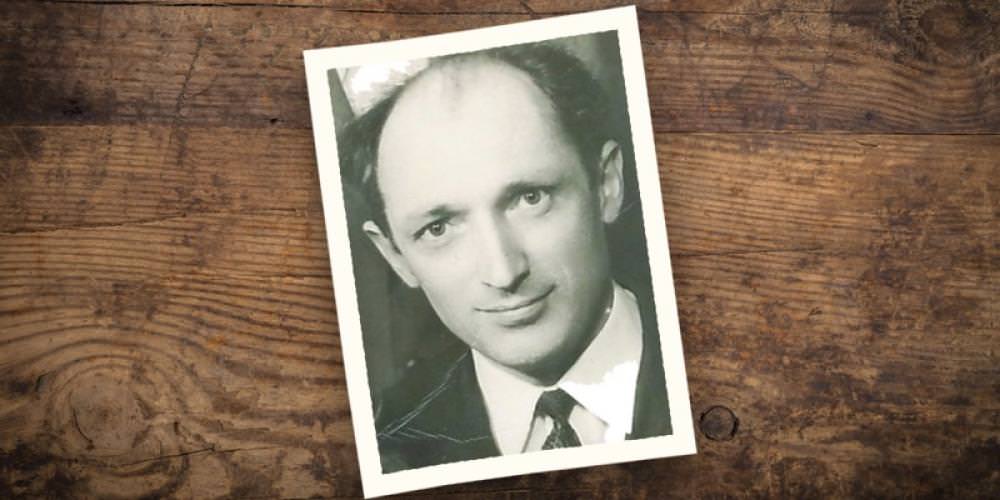Vladimir Stepanovich thrived even in the most difficult of times.

A Soviet-era survivor Seventh-day Adventist pastor and evangelist passed to his rest at 88 on June 22, after a faithful and fruitful life.
Vladimir Stepanovich Zaitsev was born July 15, 1929, in the Novosibirsk region, Russia, in a large Adventist family.He was the eldest of five brothers.His father Zaitsev Stepan Isaakovich was an ordained minister of the Adventist Church.
In 1937, Stepanovich’s family was left without a father because he was arrested and sentenced as an enemy of the people. The 8-year-old boy was forced to grow overnight. In the difficult years of World War II, along with his mother and older sister, he helped raise his younger brothers. He was also forced to stop attending school, as he carried the stigma as “enemy of the people’s son.”
After serving in the Red Army when the war ended, Vladimir decided to devote himself to God’s service. In 1953, he married Isupova Klara Filippovna and moved to the small town of Tarasovka, in the Rostov region, where he began his ministry as a local pastor.In Tarasovka, their first child—a daughter whom they named Tatyana—and their son Eugene were born.
Since the beginning of an anti-religious campaign under Khrushchev, the Tarasovka house of worship was closed and confiscated, and the young pastor’s family had to move to the city of Gorky (now Nizhny Novgorod) and live with his wife’s parents.With three young children, they had to live in one room with just a stove for heating.
To avoid falling into the category of parasites, Stepanovich had to work on different jobs, as he constantly faced the problem of getting Sabbaths free. For years, his place of work changed constantly, as he worked mostly in janitorial and cleaning jobs.
But against all the odds, Stepanovich finally devoted again to pastoral ministry in various cities and regions. He was soon known for a focus on ministering to the youth and highlighting the role of social services.In his sermons, he became known for his ability to connect the Adventist message with the realities of modern life.
With the ease of religious restrictions in the late 80’s, Stepanovich saw that the Adventist Church had unprecedented opportunities for evangelism and outreach. Thus, while serving in Ryazan, he launched the Voluntary Relief Society to serve the community.
Stepanovich was very mindful of public relations, and always ready to open communication channels with government officials. He was in constant dialogue with representatives of other faiths.During a difficult time for the Adventist Church due to atheism and constant violations of the believers’ rights, he was not afraid to publicly speak out in defense of the persecuted, no matter their faith.
Stepanovich is remembered as a humble and tireless pastor with a firm faith in the imminent coming of Jesus. It is a faith he passed on to his children and grandchildren, and to the ones who had the privilege to work with him.









